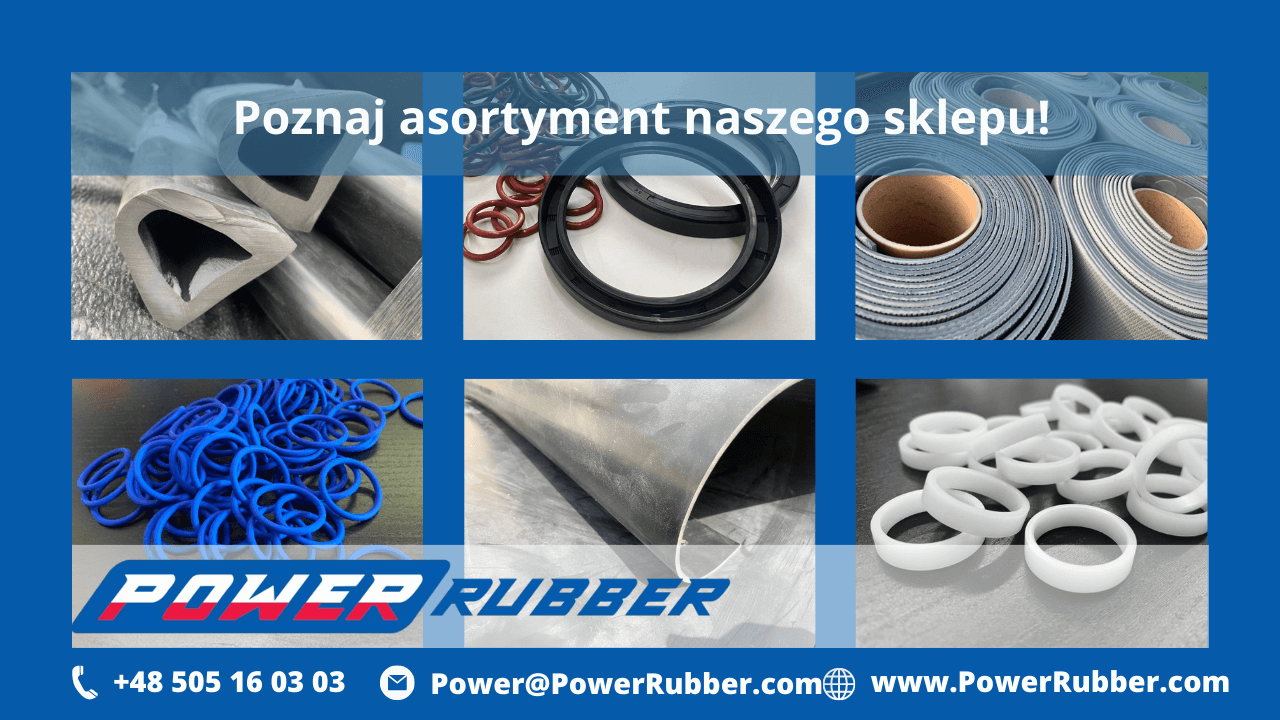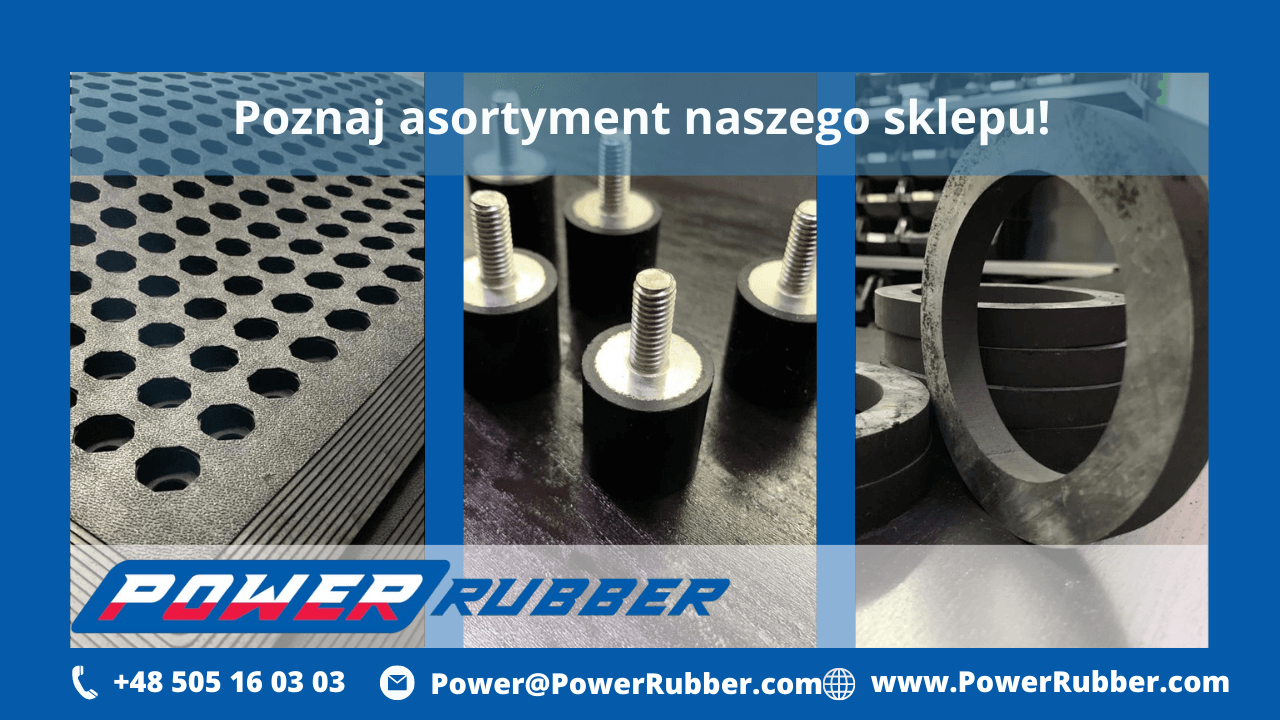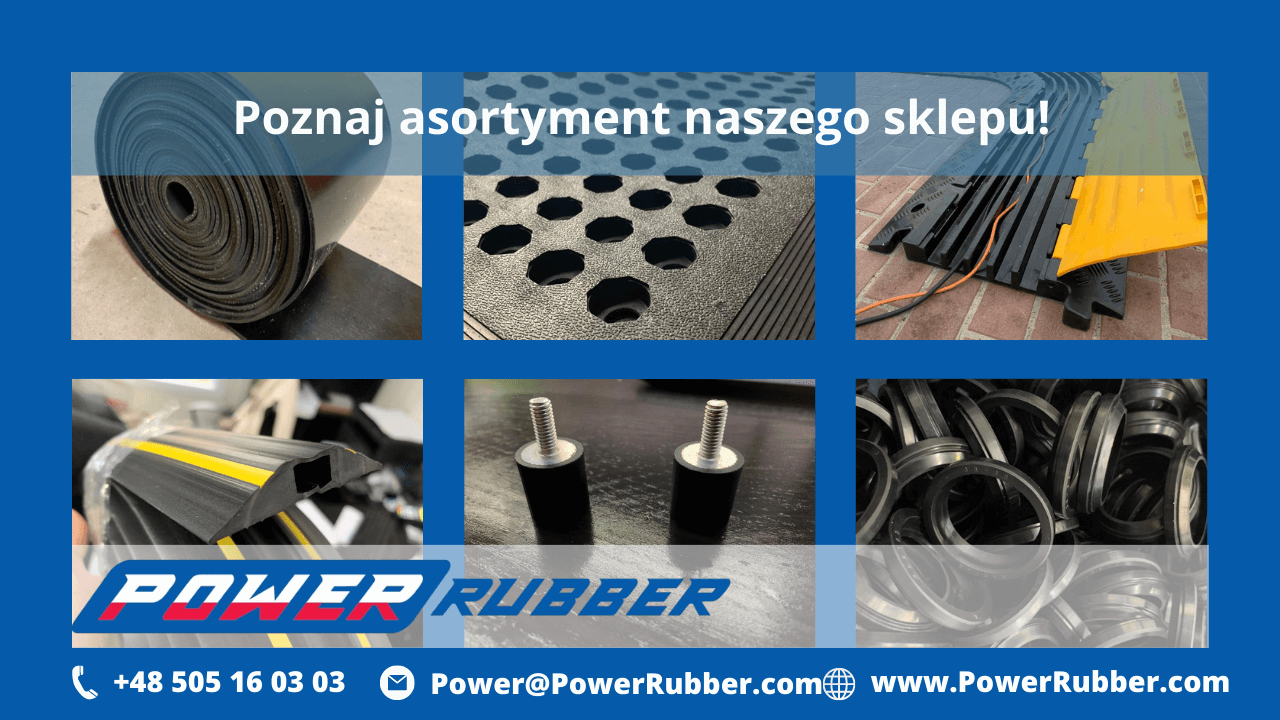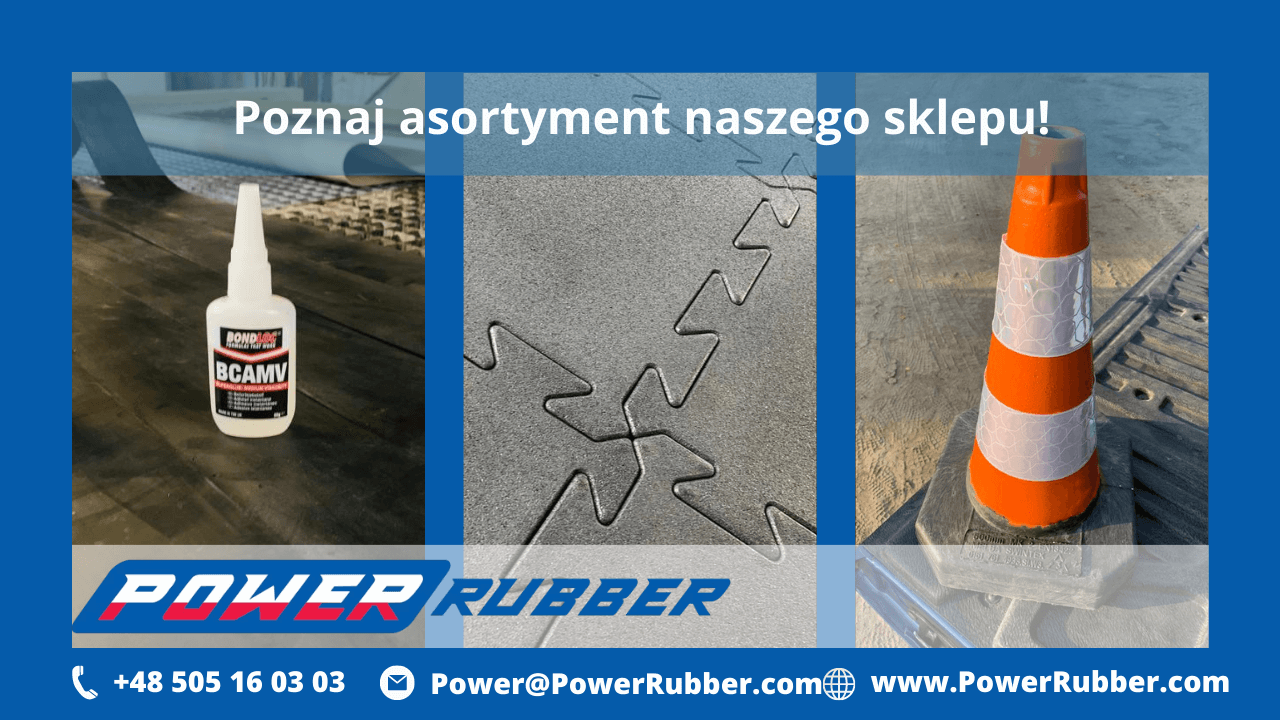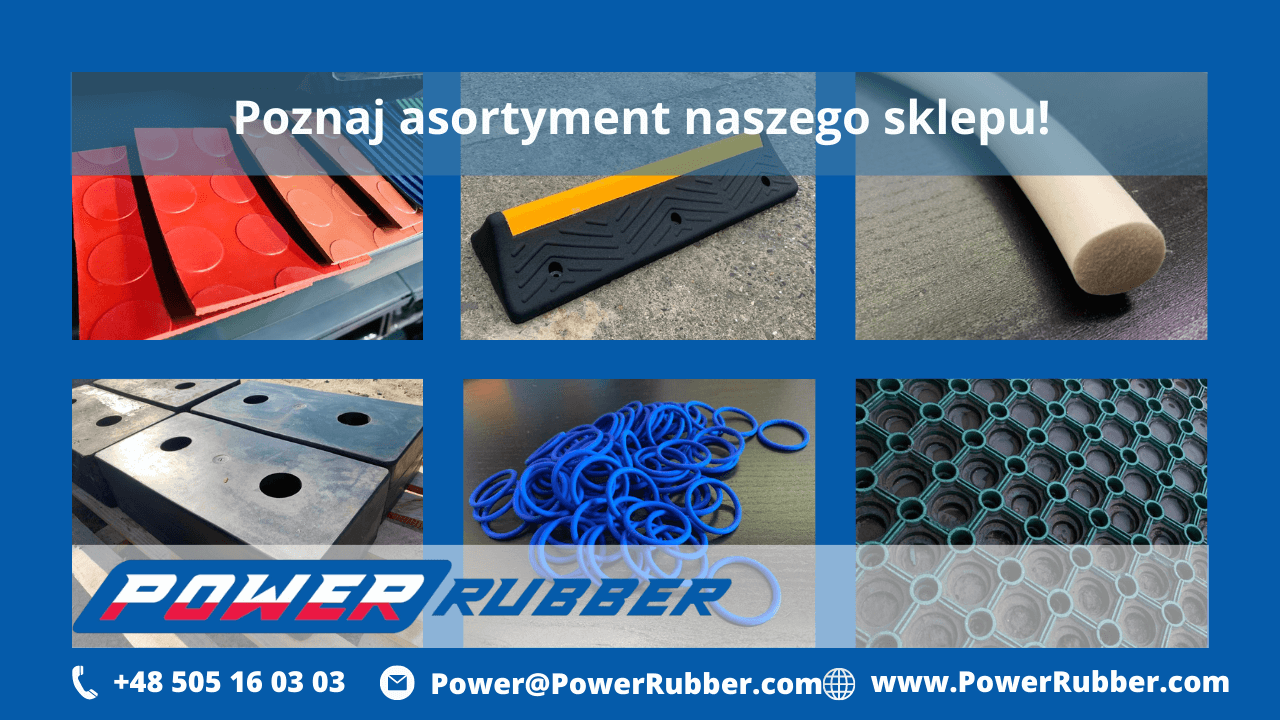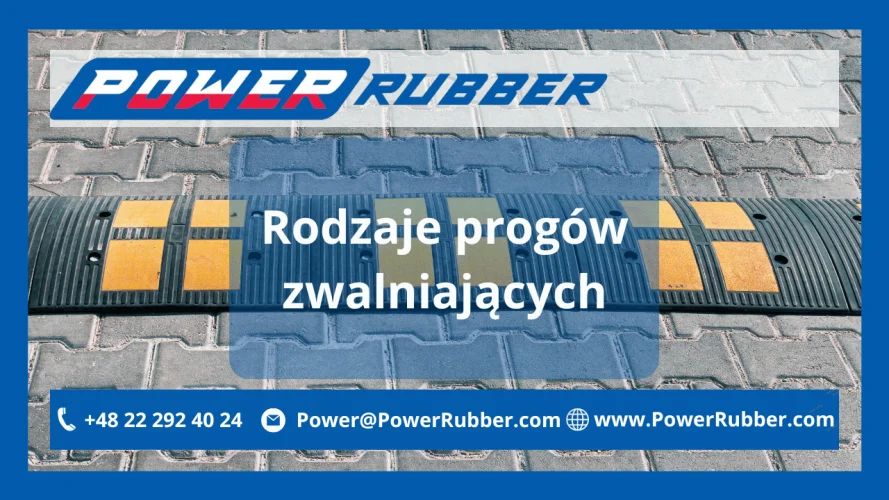Types of Speed Bumps – A Guide to Effective Selection
Speed bumps are a crucial traffic calming measure designed to reduce vehicle speeds in high-risk areas such as pedestrian crossings, residential zones, and school neighbourhoods.
Why Use Speed Reduction Solutions?
-
Pedestrian safety in residential areas: Speed bumps encourage drivers to slow down, enhancing safety where people walk.
-
Fewer accidents: These traffic calming features cut collision risks in neighbourhoods, car parks, and driveways by forcing drivers to brake.
-
Traffic control & noise reduction: They help manage traffic flow and cut road noise in busy local streets while still allowing emergency vehicles to pass smoothly.
Types of Speed Bumps
U-15 “Jumping” Speed Bumps
Designed for very low speed zones (5–8 mph), these short, raised units are typically used off public roads—such as private estates. Known to “jump” vehicles when crossed too fast, they effectively discourage speeding.
U-16 “Ride-On” Speed Bumps
Also called full-width or island-style speed bumps, they extend across entire lanes and are common in residential streets, near schools, and in car parks. Drivers must steadily ride over them, slowing significantly in the process.
Classification by Design
Raised Bar Speed Bumps
Long, low-profile bumps fixed across local roads to slow traffic to 11–13 mph. Hitting them too fast causes noticeable jolts, discouraging speeding and protecting chassis.
Plate-Type Speed Bumps
These can serve as raised pedestrian crossings or full-width speed bumps, ideal for housing estates, car parks, and internal roads.
Island Speed Bumps (Berlin Cushions)
Rectangular cushions covering only part of the lane so buses and emergency vehicles can drive around them, reducing speed without obstruction.
Materials Used
Rubber Speed Bumps
-
Advantages:
-
Lightweight and easy to install or remove
-
UV-resistant and weatherproof – no fading or repainting needed
-
Modular design allows flexible length
-
Built-in drainage and anti-slip features
-
Marked with contrast colours and reflective strips for visibility
-
Ideal for both temporary and permanent installations
-
Low-noise – excellent for residential streets
-
Asphalt Speed Bumps
-
Suitable only for permanent placement
-
Can damage low-slung vehicles
-
Tend to generate more road noise
Where to Install Speed Bumps
Ideal locations include:
-
Residential roads and estates
-
School zones, parks, playgrounds
-
Hospitals, shopping centres, construction sites
-
Car parks, driveways, underground garages
🚫 Not suitable for:
-
National or regional roads, main thoroughfares
-
Expressways, bridges, tunnels
-
Roundabouts or junctions with turn radii under 70°
All speed bumps must be clearly marked with a warning sign 15–20 m in advance.
Which Speed Bumps Are Best for Traffic Calming?
Our premium rubber speed bumps offer:
-
Effective vehicle speed reduction
-
Modular assembly enabling custom lengths
-
Anti-slip surface and quiet operation
-
Suitable for both temporary and permanent installations, especially where pedestrian safety is paramount
Summary of Advantages – Rubber Speed Bumps
-
Reduces vehicle speed and collisions
-
Ideal for temporary or permanent traffic calming
-
Enhances pedestrian safety in residential areas, car parks, school zones
-
Absorbs road noise effectively
Contact us today at +48 22 292 40 24 or +48 50 516 03 03, or via email (Power@PowerRubber.com) or our contact form for more information!
